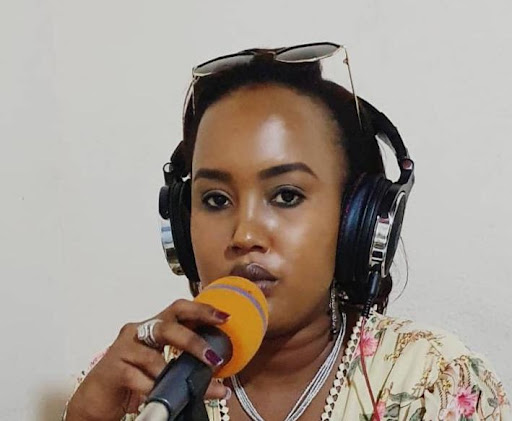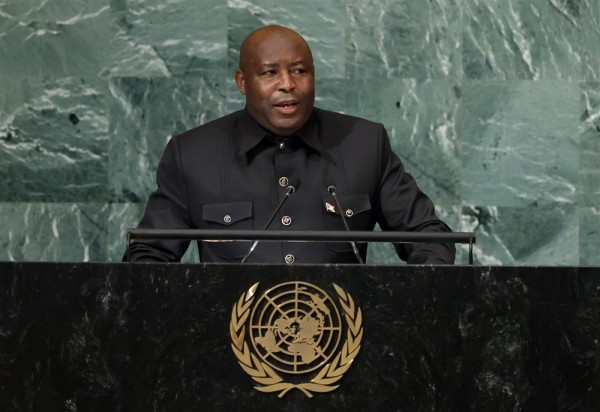The International Press Institute (IPI), a global network of editors, media executives and leading journalists for press freedom, today called on authorities in Burundi to immediately release four journalists and a driver from the privately owned Iwacu news outlet who have been held without charge for two days.
The arrests are the latest illustration of efforts by the government of President Pierre Nkurunziza to censor reporting of resistance to his rule, and have heightened concerns about press freedom in the small East African state ahead of presidential elections next year.
On Tuesday, October 22, the reporting crew was detained in the north-western province of Bubanza as they were covering skirmishes between Burundian security forces and gunmen near the border with neighbouring Democratic Republic of Congo (DRC), Diane Uwimana, head of the English language department at Iwacu, told IPI.
Police arrested the journalists as they were interviewing witnesses about gunfire in the town of Musigati and transported them to the provincial police station in Bubanza, where they have been detained since, Uwimana said.
Those arrested were politics reporter Agnès Ndirubusa, broadcast reporter Christine Kamikazi, English service reporter Egide Harerimana, photojournalist Térence Mpozenzi, and their driver, Adolphe Masabarikiza, according to reports by Iwacu.
Iwacu had informed relevant administrative authorities before dispatching its reporters to the scene, Uwimana told IPI.
SOS Médias Burundi, a media freedom group, spoke to a local police officer who said they had been given orders to restrict press from entering Musigati district after the clashes.
“Arresting a group of reporters and holding them without charge for two days is a clear attempt to stifle reporting on a politically sensitive issue”, IPI Director of Advocacy Ravi R. Prasad said. “We call on authorities in Burundi to immediately release all five detained employees of Iwacu and refrain from obstructing journalists carrying out their work.”
Burundi has been dealing with the fallout from a political crisis that erupted in 2015 after its long-term president, Pierre Nkurunziza, attempted to seek a controversial third term in office.
As protests broke out in the capital, Bujumbura, the government clamped down harshly on demonstrations. More than 1,200 people were killed, sparking fears of another devastating ethnic conflict and sending the country into a spiral of violence that saw more than 400,000 refugees to flood across the borders into neighbouring countries.
Since then, the government has clamped down hard on critical reporting, forcing many journalists into exile. Jean Bigirimana, a journalist with Iwacu, has been missing since July 2016.
In February 2018, authorities in Burundi banned the broadcasts of the BBC and Voice of America within the country. Both outlets have been off the air since.
Last month, the United Nations warned that Burundi risked fresh instability and violence ahead of the 2020 vote, noting that press freedom in the country had become a fiction.



